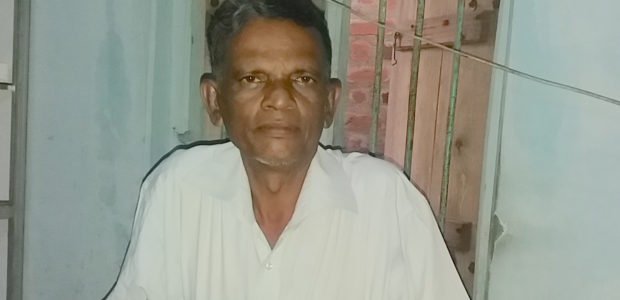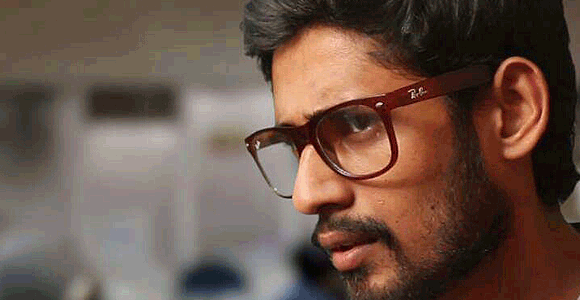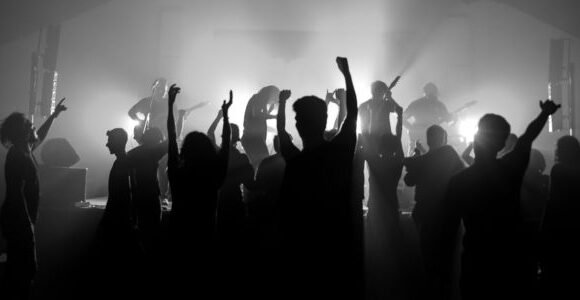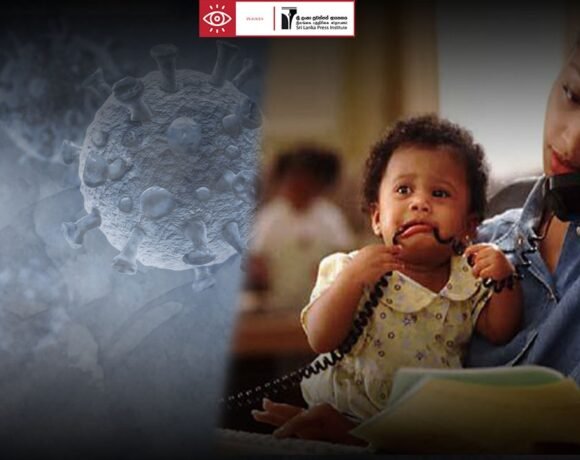TUSANTHAN VAYIRAMUTHTHU
‘In this country, when everyone thinks they are Sri Lankans by giving the first place to humanity and humanism and bring an end to extremist ideas about race, religion and language, there will be no extremist activities or war in this country,’ said Dr. Nagamuthu Panneerselvam, social activist and president of the Humanitarian Centre in Batticaloa. At present he lives in the village of Kokkaticholai and conducts psychological counselling and offers advice to war affected people. This is his interview with The Catamaran.
The Catamaran: As a social activist, what have you identified as reasons behind the difficulty in building national reconciliation?
There will be no problem of minorities in a country where democracy and justice are upheld. Sri Lankan politics is one of communal, religious and language based extremism. As a result, a situation of nothingness and uncertainty has been created. When everyone thinks they are Sri Lankans by giving first place to humanity and humanism, bringing an end to extremist ideas about race, religion and language, there will be no extremist activities or war in this country. Our politicians are the cause for the 21st April bombings. Nationalism is lost in this country. The reason for this is the failure to find a democratic solution for the problems. This country needs politicians and political parties with farsighted political ideas to bring about renaissance.
The Catamaran: As a person dealing with psychological support, how do you see the post war period?
As a result of the war in the North and the East many people were forced below the poverty line. There are many problems that come alongside this including youth unemployment and land related issues continuing without any solution. All these problems will one day erupt like an earthquake. The present situation is only a transitional period of peace and it only gives people temporary solace. What we need is permanent and acceptable reconciliation.
The Catamaran: Why do you say so?
Religious extremism is the political culture cultivated here. Extremist politics based on language, race and religion is nurtured across villages and towns. Specifically, a separate politics for Muslims as well as one for Tamils and Sinhalese. A political outlook that will bring all of this together is lacking. A harmonious connection between races can be expected only when the law and justice is common for all Sri Lankans. Due to its absence, we now experience problems like the attacks on 21st April.
The Catamaran: How do you look at the situation after 21st April bomb blast?
The incident that took place on 21st April disrupted the country, its economy and security. This was used as a cause to intensify anti-Muslim sentiment. But the reality is different. Today, more than a million Lankans are employed in the Middle East. This generates foreign exchange to the country. At the same time, fuel is imported from these countries. So, hating the entire community is not justifiable.
The Catamaran: Religion has been seen as a key cause for conflict. What is your opinion about this?
In Sri Lanka, Buddhist Philosophy is deep rooted. Lord Buddha viewed human life in conjunction with good morals. He preached not to harm, even to an insect. This country will turn into a good nation if it accepts and follow his teachings. The reason behind the war was the non-adherence of the Buddhist philosophy. Everyone has the right to practice religion. Apart from religion, humanitarian doors must be kept open. Conflicts can be resolved with humanitarian ideas. As long as conflicts exist, democracy and peace are inaccessible. There may be extremists and those with extreme ideas. They must be converted to a humanitarian culture. Discussions have to be conducted to attain this. There is nothing that cannot be solved through discussion.
This article was originally published on the catamaran.com









